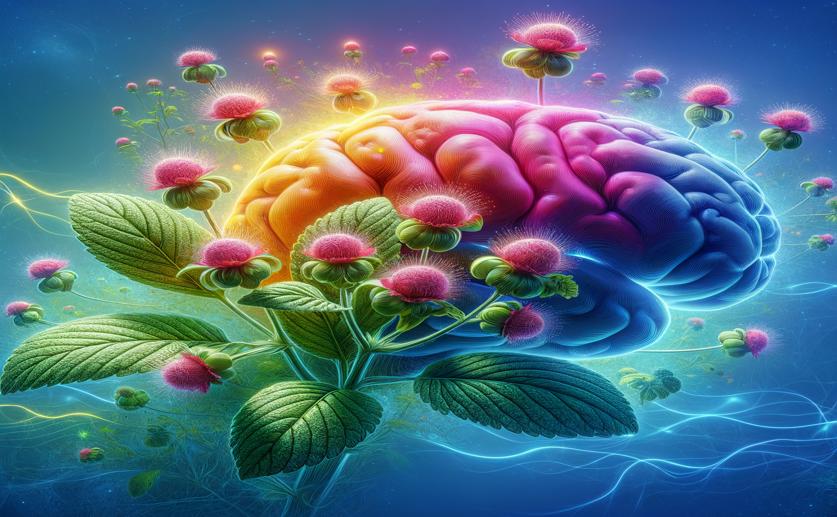
Flavonoids from Skullcap Boost Brain Repair and Memory via Signaling Pathway
Jenn Hoskins
30th March, 2024

Image Source: Natural Science News, 2024
Key Findings
- A study at Chengde Medical University found that SSF improves memory and nerve growth in Alzheimer's rats
- SSF works by influencing the cAMP signaling pathway, crucial for cell communication
- The study identified nine genes that SSF affects, offering potential new treatment insights
References
Main Study
1) Scutellaria baicalensis Georgi stems and leaves flavonoids promote neuroregeneration and ameliorate memory loss in rats through cAMP-PKA-CREB signaling pathway based on network pharmacology and bioinformatics analysis.
Published 30th March, 2024
https://doi.org/10.1016/j.heliyon.2024.e27161
Related Studies
2) Fastigial nucleus electrostimulation promotes axonal regeneration after experimental stroke via cAMP/PKA pathway.
3) Small vessel disease pathological changes in neurodegenerative and vascular dementias concomitant with autonomic dysfunction.



 15th March, 2024 | Jim Crocker
15th March, 2024 | Jim Crocker